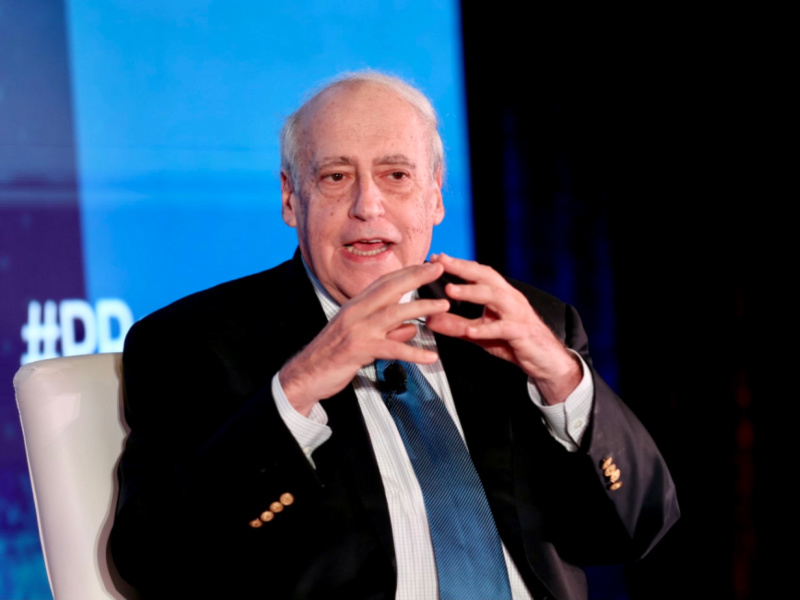Diana Marszalek 27 Oct 2022 // 5:02PM GMT

WASHINGTON — With climate change and Russia’s war on Ukraine fueling global food shortages, it’s incumbent on business to address the problem, which has not historically been at the top of the geopolitical agenda, former US Secretary of Agriculture Dan Glickman said at PRovokeGlobal on Wednesday.
“We are beginning to realize that that this stuff — food security, starvation, the climate, just feeding hungry people — is a really big deal and impacts global stability everywhere,” Glickman said in a conversation with Licy Do Canto, managing director of APCO Worldwide Washington.
“I do think that the companies and private sector are going to have a much bigger role” in tackling the problem, he said. “The solution to try to expediate the flow of goods faster was really in response to private sector efforts.”
Part of need for companies to step up, Glickman, said is that, to some degree, growing food insecurity is related to complex geopolitical, environmental and agricultural issues that will take time to address and change.
Among the major drivers of the rise in food insecurity is Russia’s war with Ukraine, whose wheat feeds some of the world’s poorest and most vulnerable countries. “It’s difficult to figure out how to deal with this issue because we have a mad man in Russia who has created this instability, I don’t think anyone ever thought could happen,” Glickman said.
Environmental issues — from changing growing conditions to water supplies — are hampering farmers’ crop production. “ In the longer term what we have to hope for is that agriculture becomes more resilient so smaller farmers can make money growing crops and raising animals,” he said.
Climate change is spurring migrations in the world’s hardest hit countries, inflation is causing food prices to rise, and the system for reallocating food is flawed, he said. All while a vast amount of food goes to waste, Glickman said.
Glickman said that the US “does a pretty good job” in terms of global food issue and is the leading humanitarian food provider in the world.
Yet unless companies make fighting food insecurity a priority the results will be devastating.
“Short term is we just have to make sure we provide enough humanitarian assistance so people don’t starve to death,”Glickman said.


































.jpg)


















